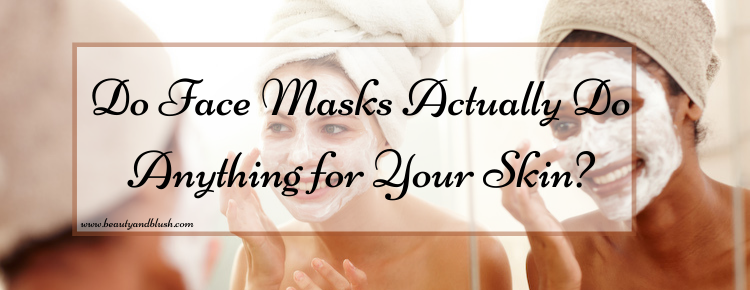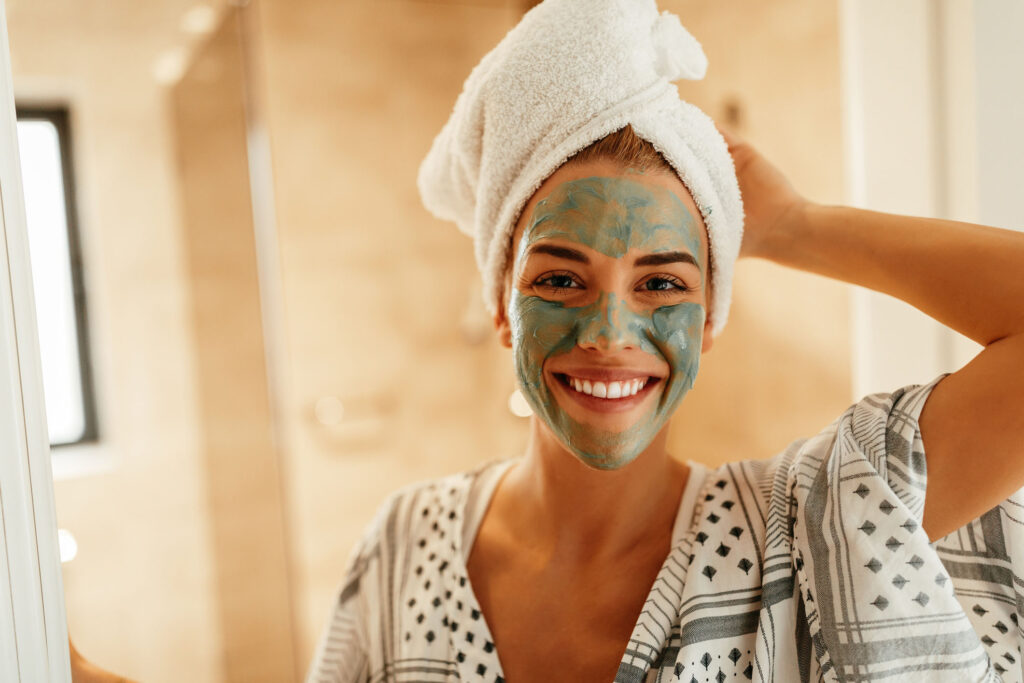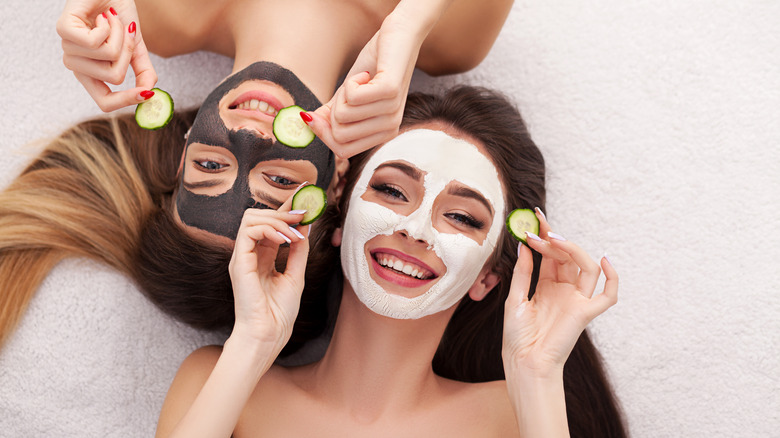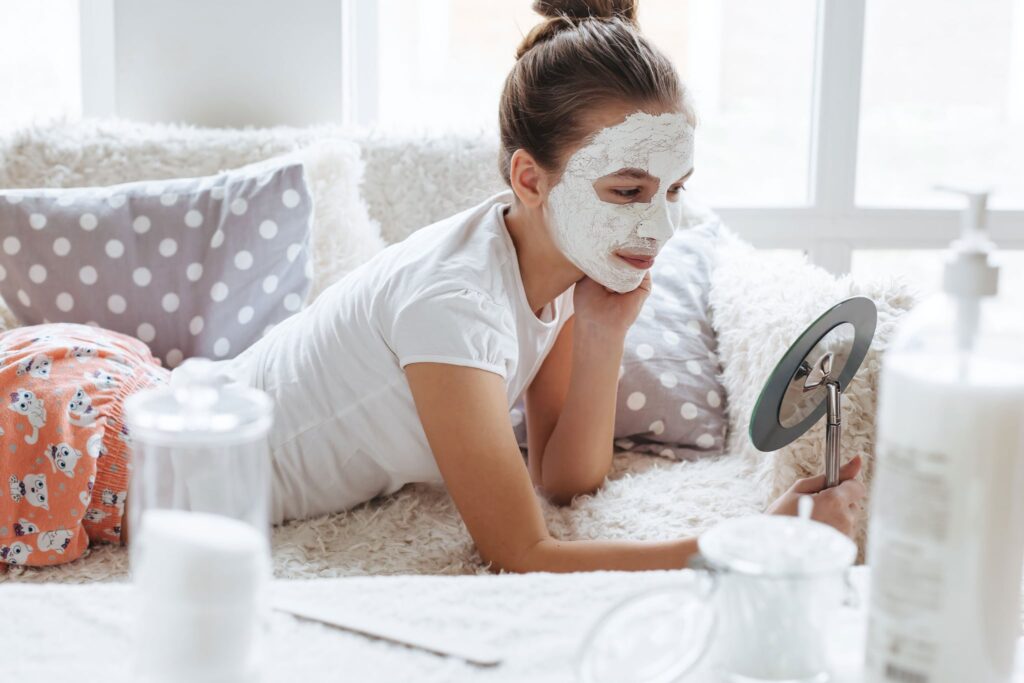Do Face Masks Actually Do Anything for Your Skin?
Hello Everyone,
Should everyone wear a mask? The facial mask is an ideal skincare product to solve your skincare problems. A suitable cosmetic face mask can help moisturize your skin, remove excess oil, and improve the appearance of pores. This is also an excellent way to remove dirt. Another benefit of using a mask is the feeling of pampering at home, just like in a spa. Depending on your skin and skincare issues, you can use the mask one or more times a week. Both men and women can benefit from wearing masks, and that’s why.
How do Masks Generally Work?
Wash your face, moisturize, and make up. Skincare is simple, isn’t it? There are no problems with daily skincare, especially if it is effective. However, suppose you are one of the millions of individuals with skin diseases ranging from acne to redness and swelling. In that case, you may need incentives to take care of your skin, unfortunately, professional skin care treatments, such as medical treatments. Facial treatments can be expensive. This is where the cosmetic face mask comes into play; it provides intensive skincare at a minimal cost.
Which Mask Is Suitable for my Sensitive Skin?
A good mask can remove impurities from the skin, retain moisture and remove accumulated excess oil. If you want to improve your complexion, even if your skin is susceptible, a nourishing mask is an excellent place to start. With so many masks, it may be challenging to know what to look for. Sensitive skin masks A cosmetic face mask for sensitive and oily skin prone to acne. If your skin is sensitive, you may worry that irritating ingredients and formulas will cause you adverse reactions.
How to Choose and Use a Mask that Suits your Skin Type?
For convenience, the following is a quick guide to find the ingredients of a mask based on skin type/condition:
- Acne: Salicylic Acid
- Dry: Transparent Acid
- Wrinkles: Vitamin C or other antioxidants
- Rosacea: Niacinamide
- Dark spots: Licorice or soy root extract
Here are some benefits Use the cosmetic face mask:
Tighten the Pores:
The mask can help clean the skin and tighten the pores. Thoroughly clean the pores, remove dead skin cells, metabolic waste, and oily substances that may block them.
Reduce Fine Lines:
Regular use of the cosmetic face mask can reduce fine lines, wrinkles, brown spots, and other signs of aging. You can also enjoy a softer and smoother skin texture.
Increase Moisture Retention:
Provide moisture to dry and dehydrated skin. The moisture in the mask penetrates the skin’s epidermis to make the skin soft and increase elasticity. When the skin is moisturized and adequately hydrated, makeup becomes easy. It also makes the skin look smoother and younger.
Masks may be more Effective in Moisturizing the Skin
Due to their closed design, the cosmetic face mask helps to moisturize the skin.” Even if you apply the mask to the skin without anything, it will naturally provide moisture,” Helmig said because it reduces the loss of moisture from the skin by evaporating into the surrounding air.
Price is Not Everything
“Just because the product is expensive doesn’t mean it is better,” the doctor explained. “Some of the strange and peculiar ingredients in masks have not been tested in clinical studies, and we do not know whether they are safe. If you want to do something simple and beneficial for your skin, please try your soothing mask-Dermatology. The doctor said you could make your own mask at home by buying a cosmetic face mask and applying moisturizer or aloe vera.



